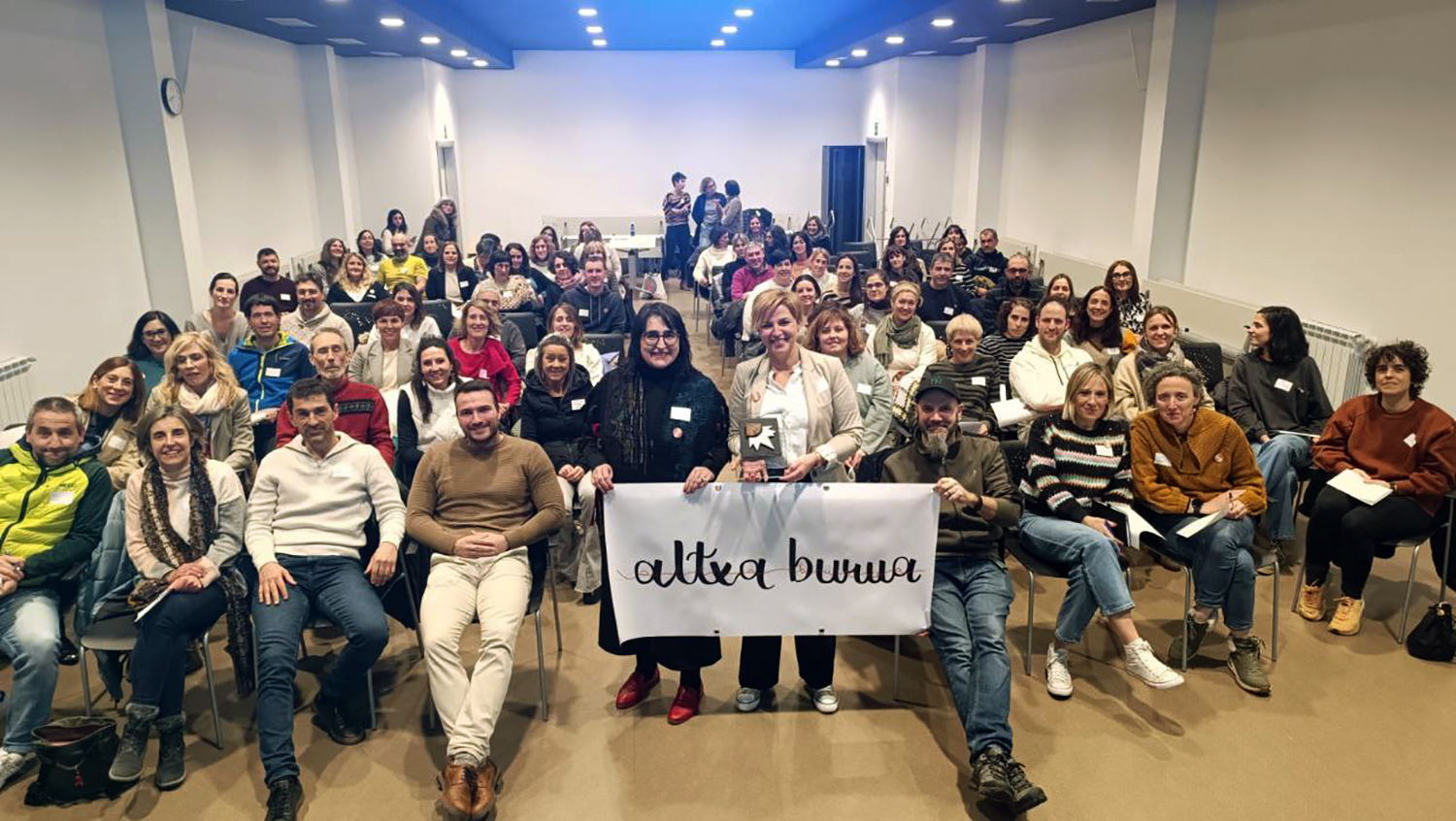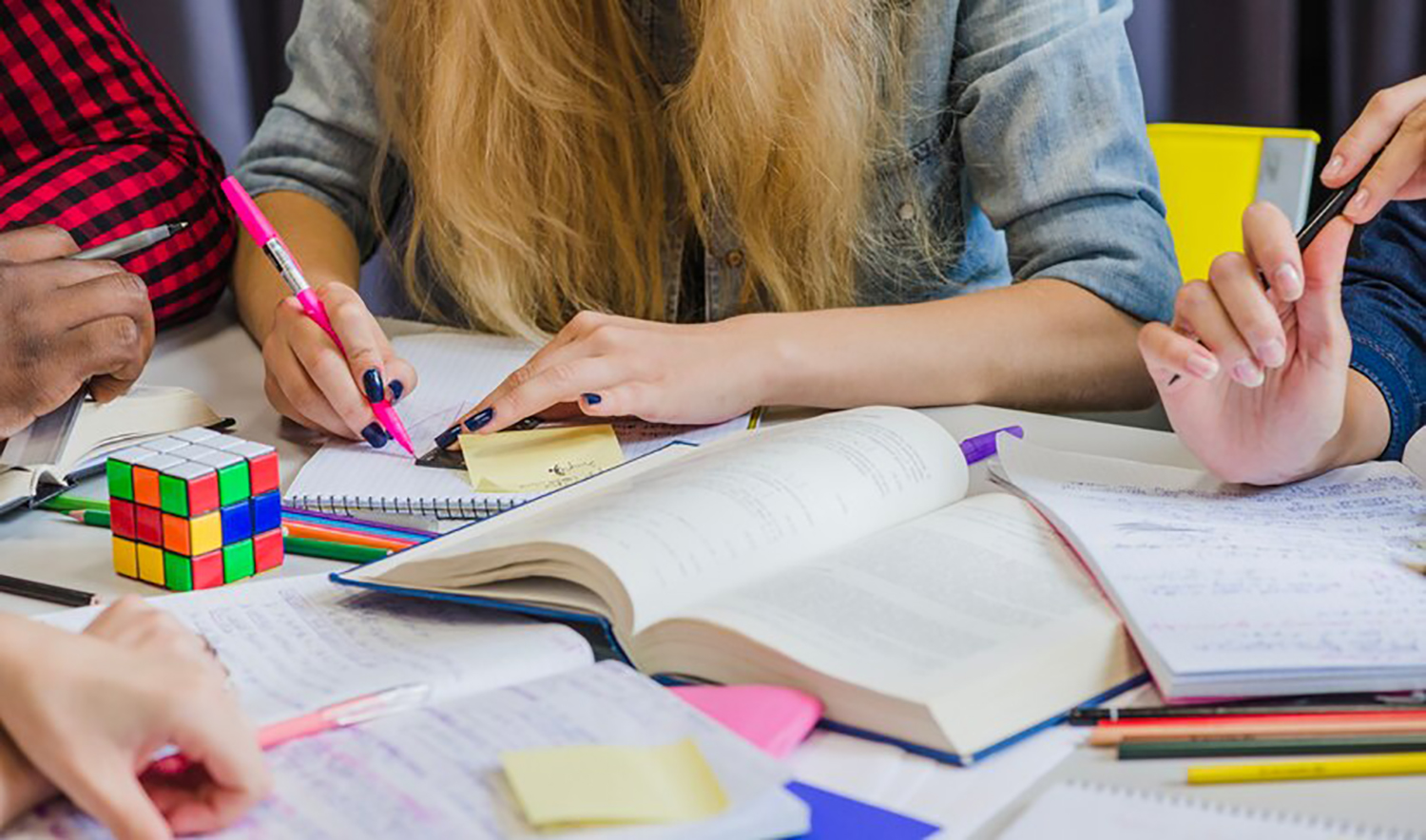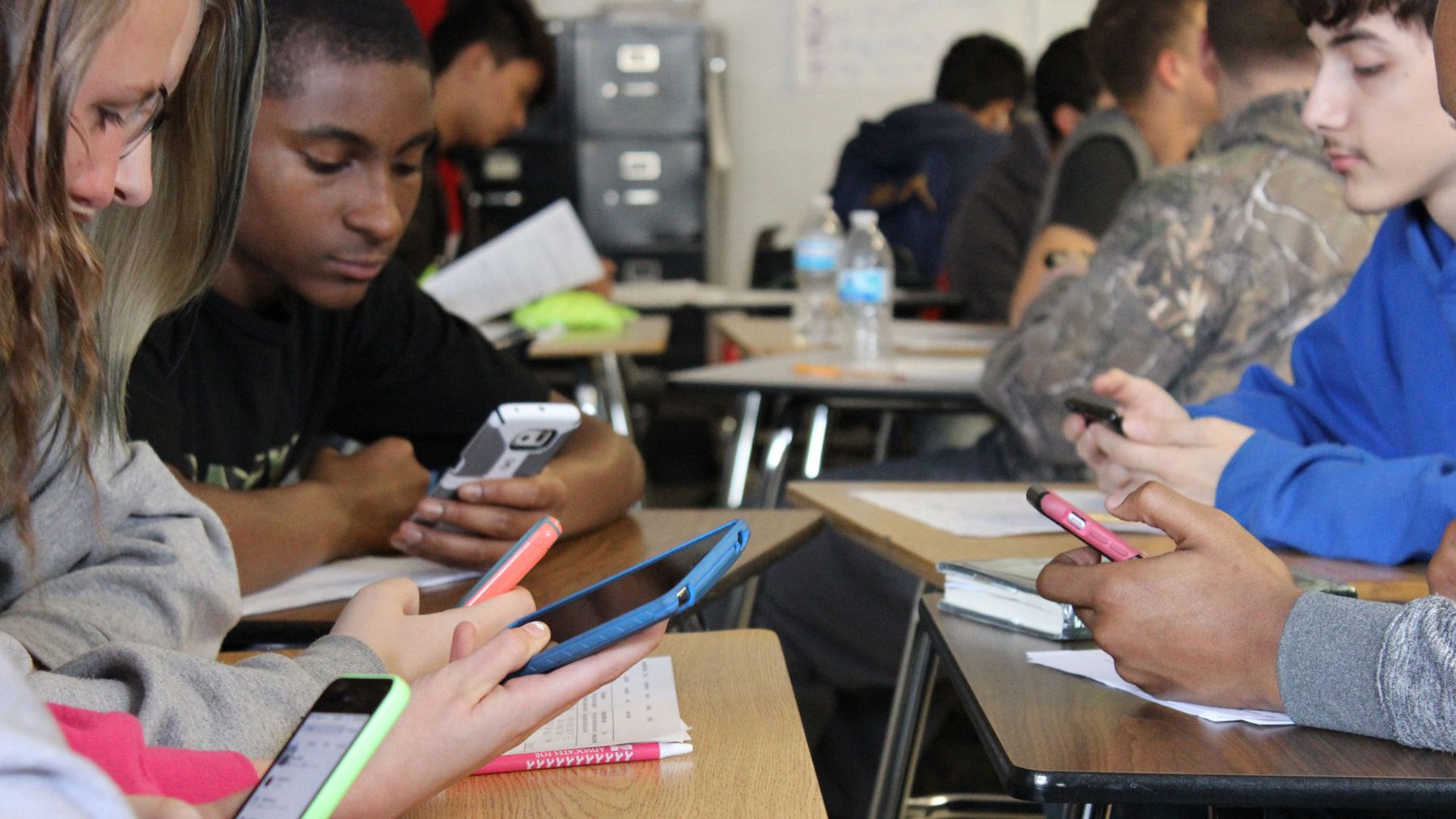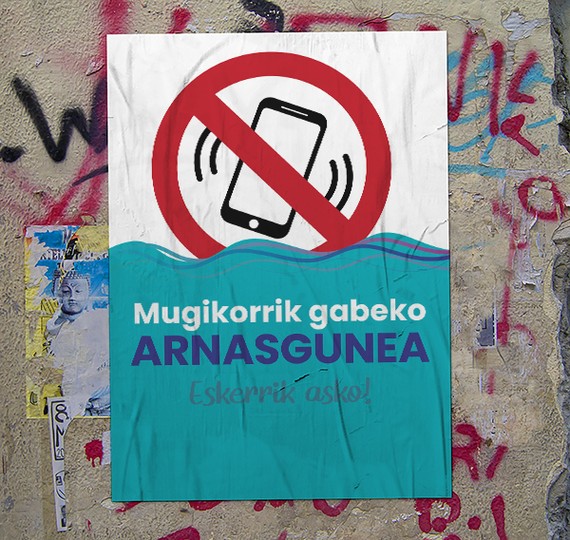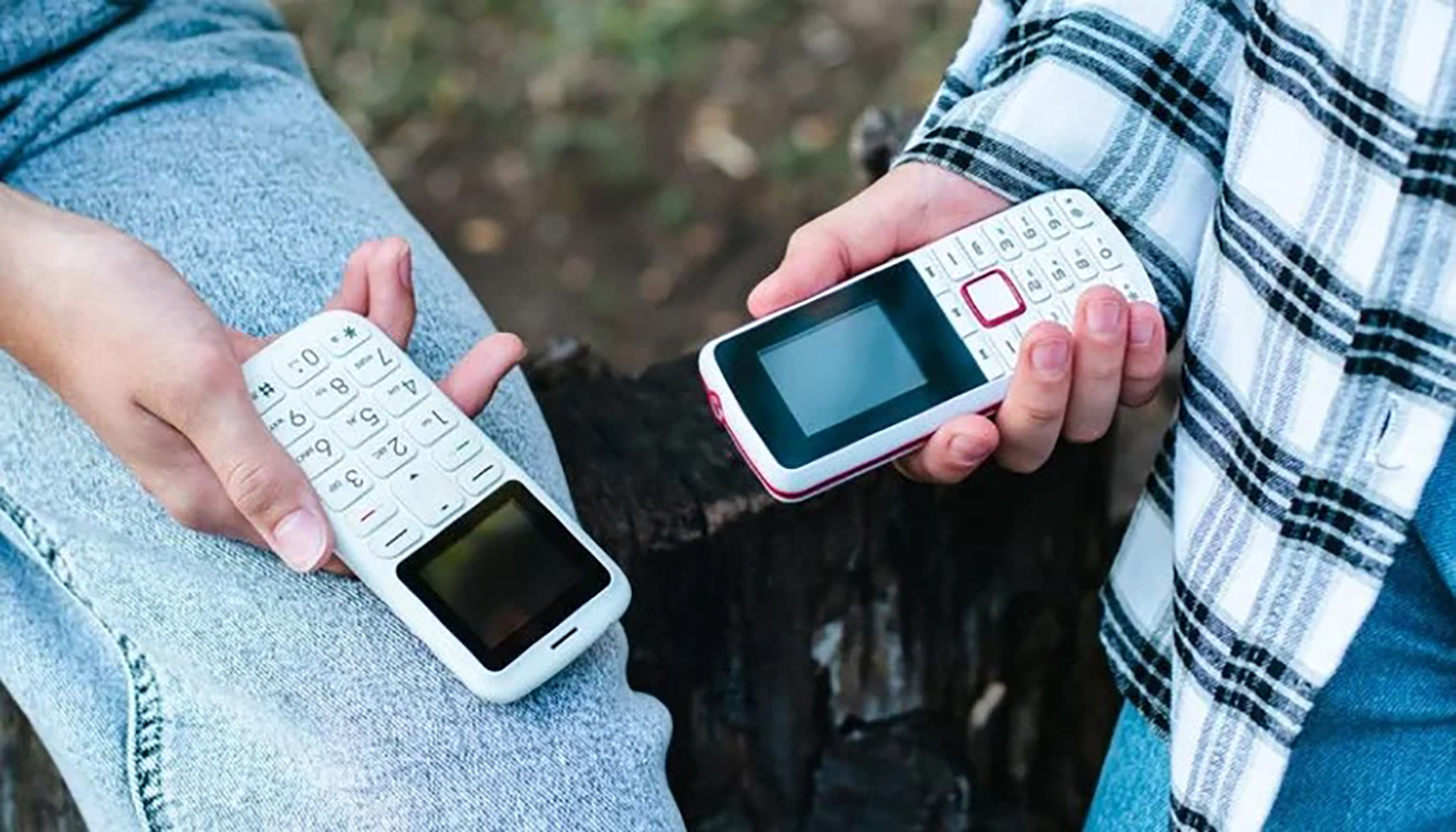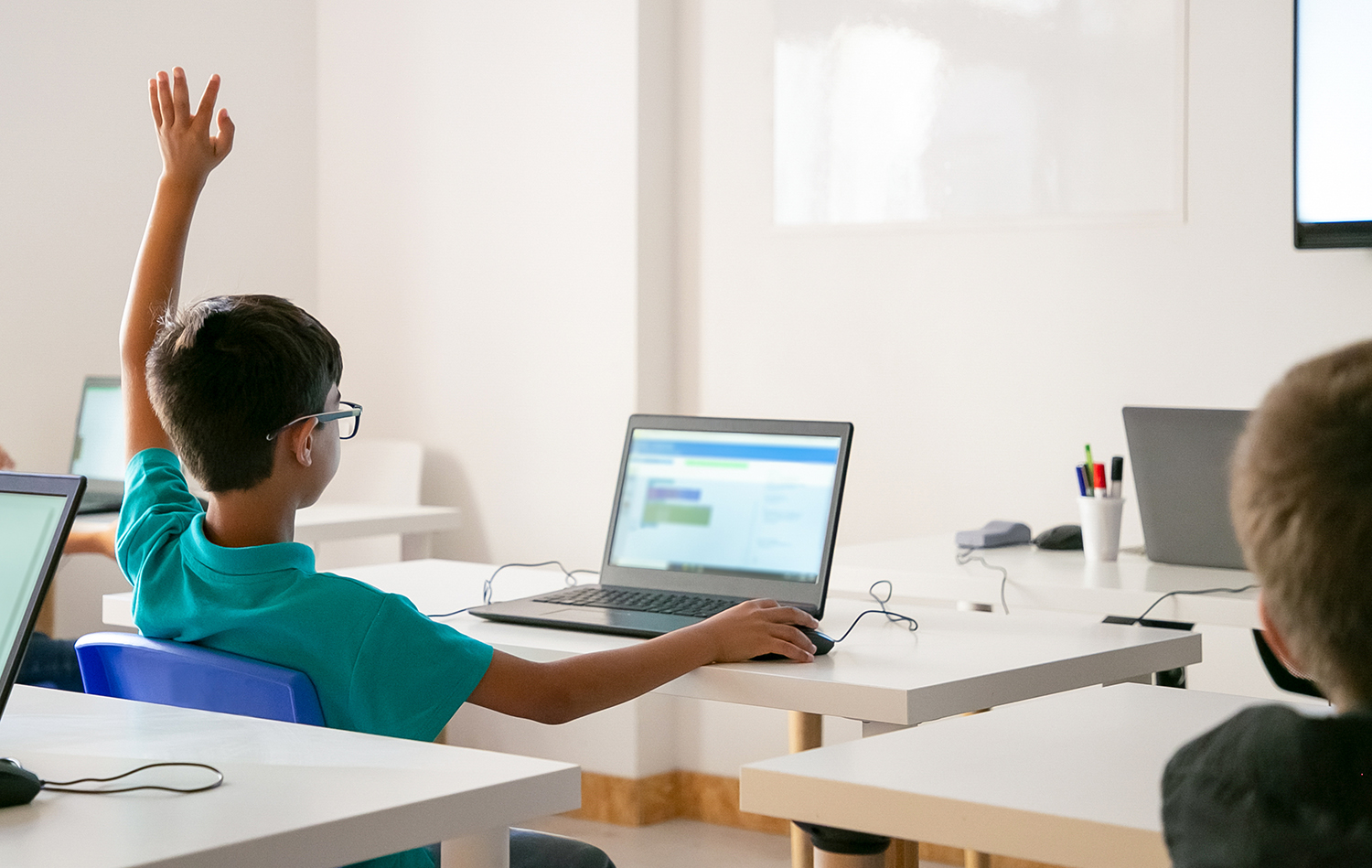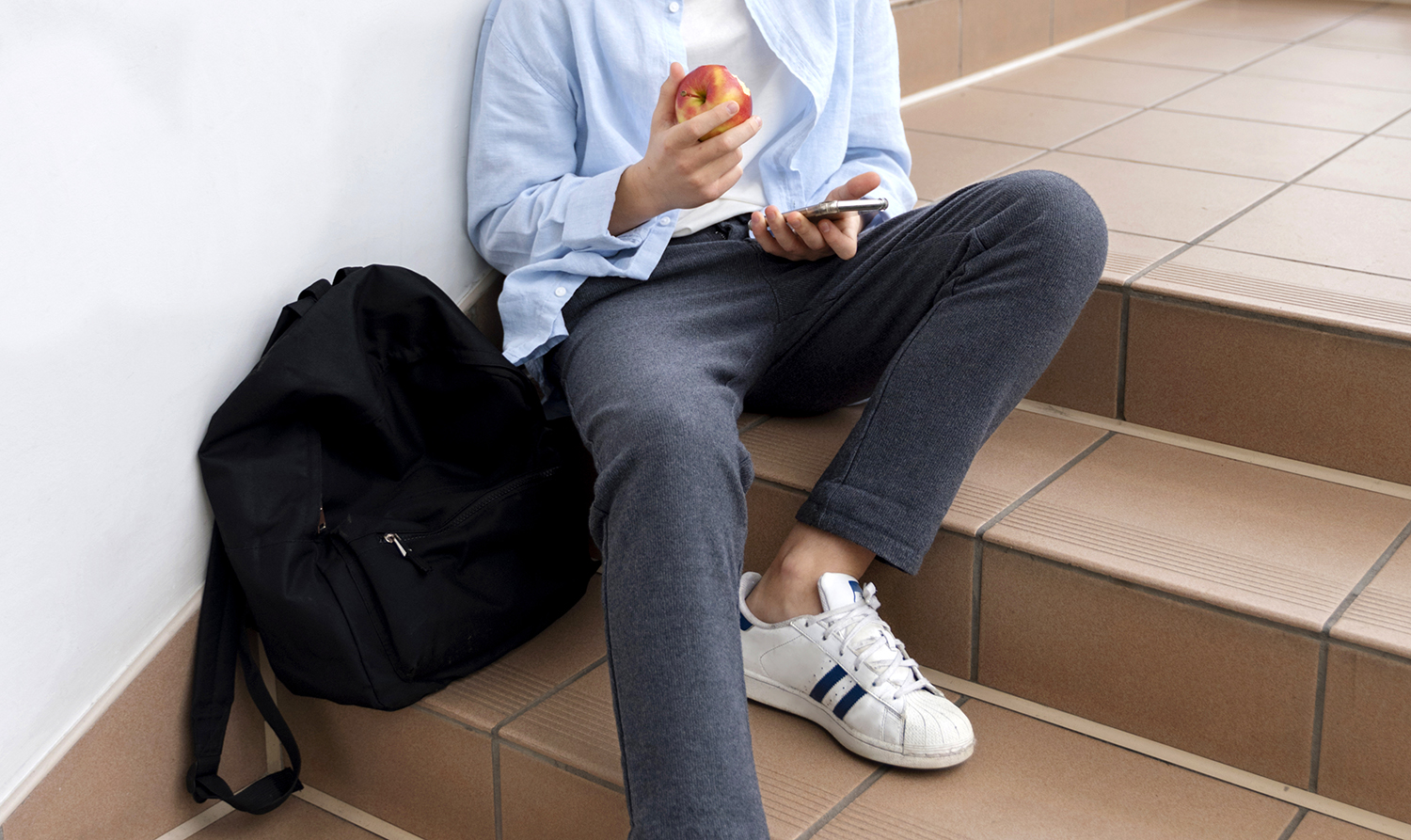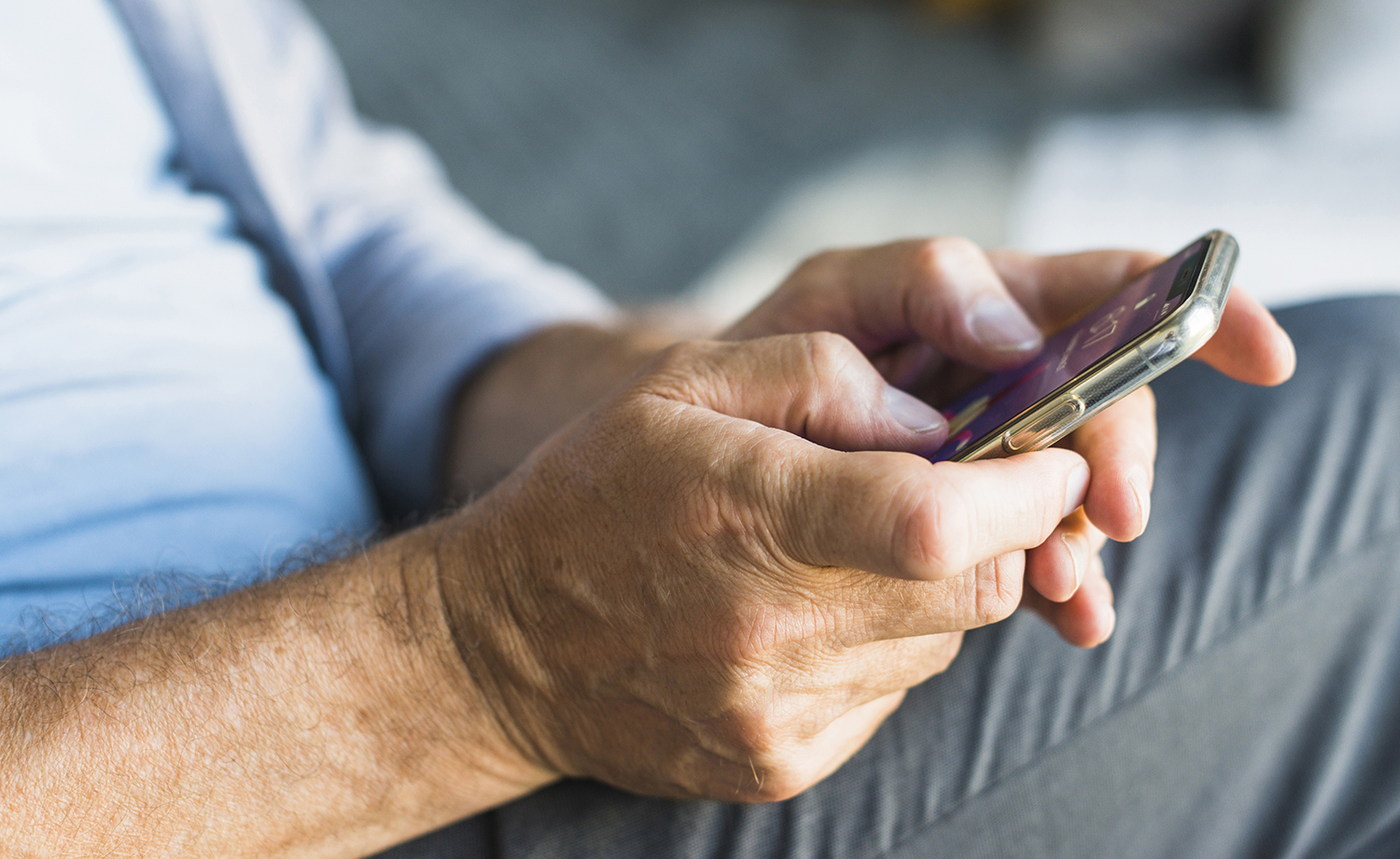More and more young people are not mobile when they go to ESO, according to families
- Data shows that the trend is being broken in a large number of households (schools). At 11-12 years old we have gone from almost all mobile youth to having a majority of students without Smartphone in different centers thanks to the initiative of groups of parents: In the ikastola de Zarautz 84% does not have it, 80% in Udarrangi de Usurbil, 75% in the Zurriola de Donostia/San Sebastián, 70% in Uzturpe de Ibarra…
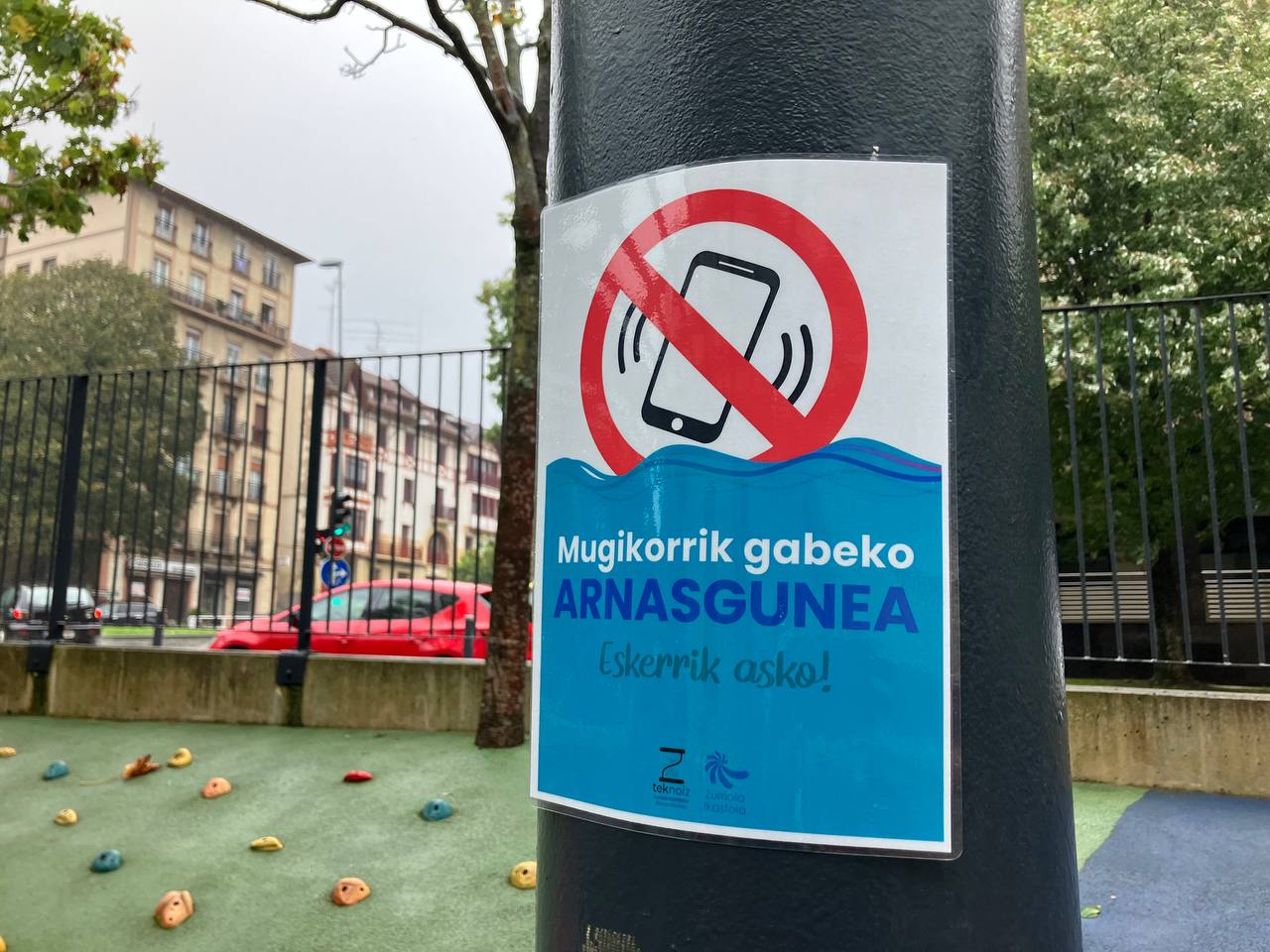
Until recently, it was common for a young person who goes into the first year of Compulsory Secondary Education to have a mobile phone, and it is still common in centers where no work has been done. This trend is changing, but here and there, groups that have spread through schools: parents come together and agree to delay the age of giving their child a mobile phone, and by common agreement, it is easier, as the pressure of being the only child who has no mobile disappears (in ARGIA we have the case of Udarrangi de Usurbil).
In data from Orio, Segura, Zumarraga, Mutriku…
We have asked for data from the Altxa Burua initiative, which is immersed in this work, and we have been told how many young people have their phones in the first course of the ESO, and from Altxa Burua de Gipuzkoa, which is making a great journey. The fruits are noted: "What we see in general is that as local groups work, the results are coming quickly," he added. In the ikastola of Orio 78% does not have Smartphone in the 1st of the ESO, in Berrobby 63%, in Luberri de Donostia 62%, in Segura 56%, in a school of Bergara 75% and in another 57%, in La Salle de Zumarraga 22.79%, in Izarra de la Moru 32%.
"We all know how difficult it is to break customs. If you do it together in the group, you'll get it. To serve as a model for the families and students who come behind"
“We’ve broken the habit! The 1st ESO smartphones are a minority,” they celebrated at the Zurriola Ikastola in Donostia. “We all know how hard it is to break habits. Keep going like this, step by step, delaying as much as possible the ability to give a smartphone. If you do it together in the group, you'll get it. Serve as an example to the families and the students who come behind.”
Beyond parents’ groups and schools, they have also managed to involve other people’s agents in the struggle to delay the age of having a mobile phone. To prevent them from having to communicate with their parents and friends, children and young people can use the phone of the shop and public buildings of Tolosa with the identification sticker "You can use ours" if they want to make a call. The goal is to meet the need to bring your cell phone on top, as we counted.
However, when the time comes to give the child a mobile phone, what characteristics does the most appropriate device have, what conditions and uses can we agree on, what should we avoid? At ARGIA we wrote with the guide of the telecommunications cooperative Izarkom: When, how and under what conditions the first cell phone?
There are many ways to gain power; not all are beautiful. There are those who want to divide the power and the responsibility that it entails with it, who seek authority. Others have a lot of respect for him and the fact that each step is so measured makes them unable to make a... [+]
The consumerist culture we live in sends every user to an unreasonable enjoyment. As Slavoj Zize says, Enjoy your fetish, it has become the rude mandate of hypermodernity. Current enjoyment is carried out through existing technological devices to occupy the place of fetish. But... [+]
A father from Bilbao has asked me about the secondary education protocol being developed at the AMPA around mobiles.
As I read on the website of the Basque Government, in January 2024 there was talk in schools about the regulation of mobiles, that there will be no prohibition... [+]
Human beings have never been easy to think calmly for long periods of time, we live with the responsibility of taking our lives forward, both ours and our descendants. In this opportunity that we have had to live, we want to do things as best we can. For these responsibilities,... [+]









